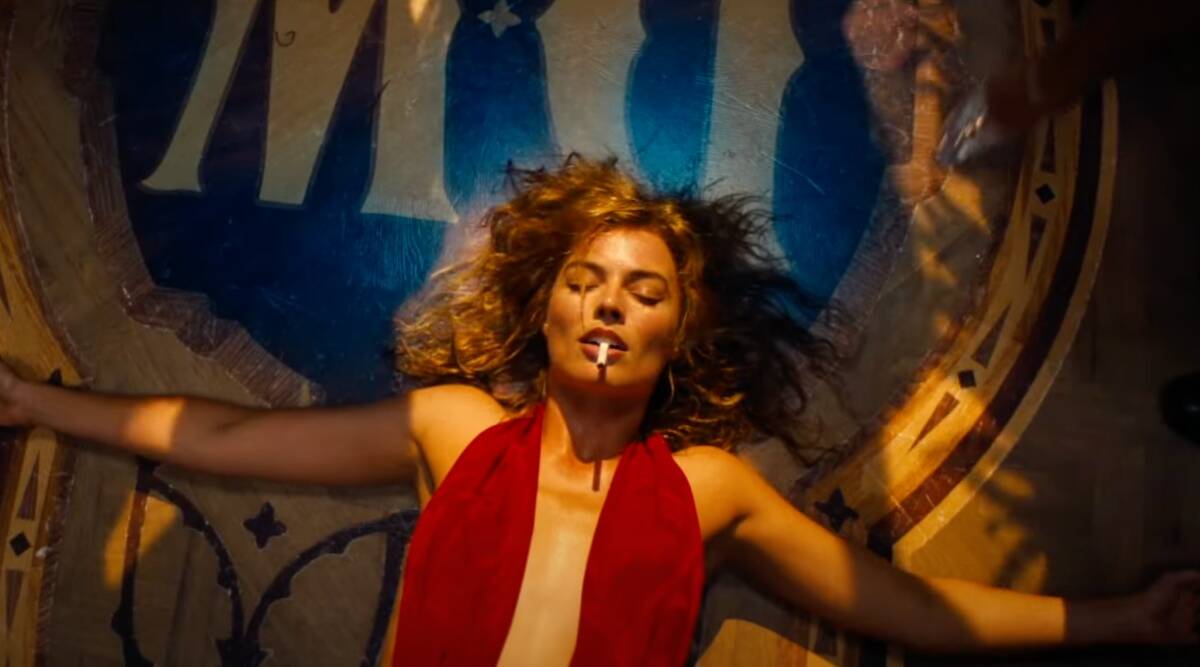If there is one film that has defined my life for the last few years without having seen it, it is “Babylon” by Damien Chazelle.
When news broke to the public in July 2019 that Damien Chazelle would be collaborating with Emma Stone once again and the two would be teaming up to bring a fictionalized version of the 1920s to the big screen, I totally freaked out. By the time the film has now made it to theaters, a lot has changed: The embodiment of the planned of Clara Bow-like character was now given to Margot Robbie, and other acting icons have now been constructed: be it Charlie Chaplin, Anna May Wong or John Barrymore – the role models are unrecognizable and thus create a time travel of a very different kind.
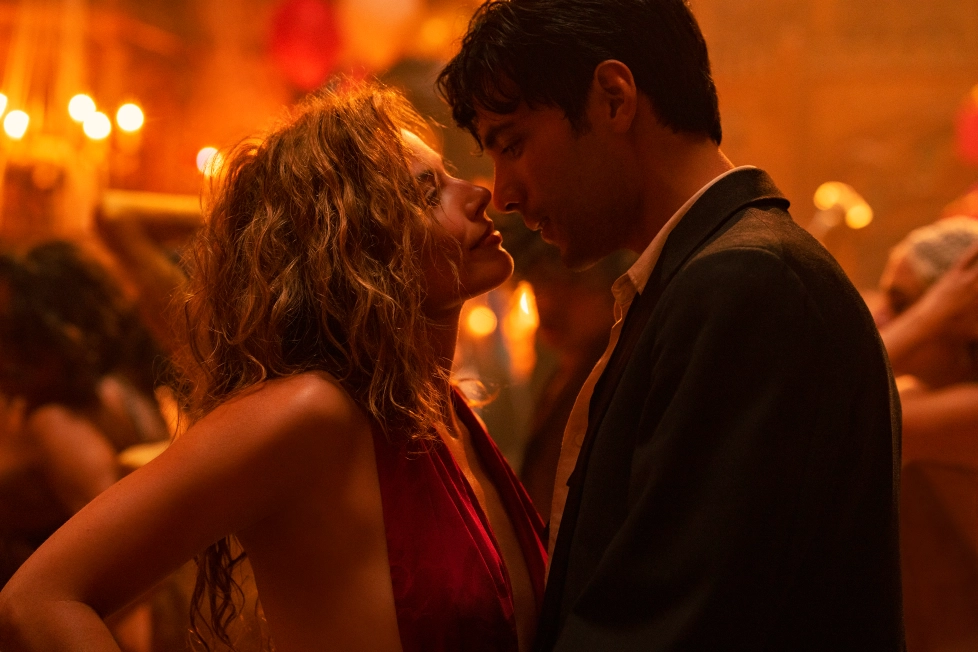
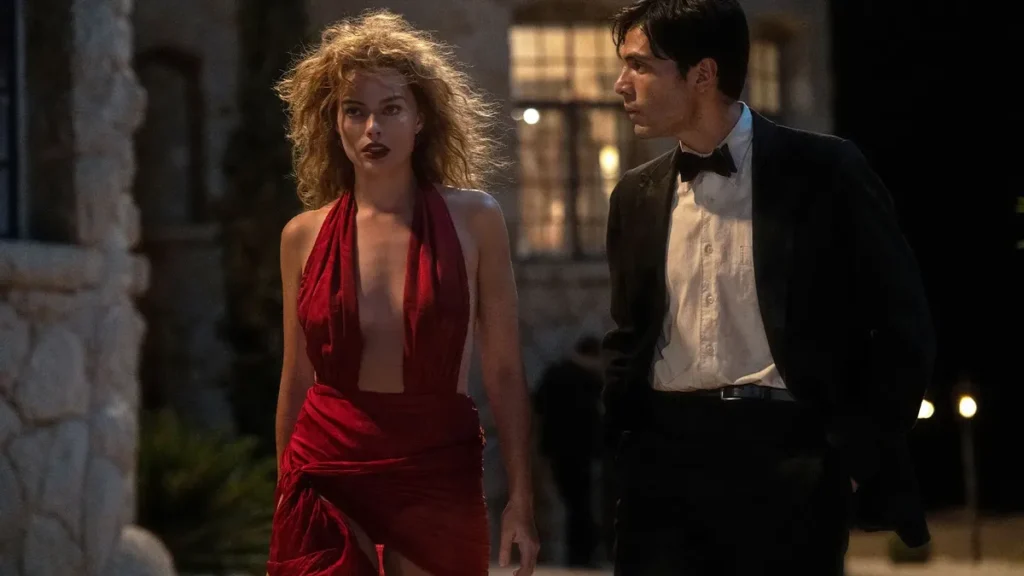
“Babylon” tells about escaping from one’s own life, about film and how it feels to breathe in this refreshing air of creativity. It’s a story for the artists, for the escapees and, as you would expect from the director, for the dreamers. As the German subtitle “Rush of Ecstasy” suggests, there is so much to be had that as a viewer you don’t know where to look first. One is slain by breathtaking camera movements, accompanied by Justin Hurwitz’s once again unmistakable and grandiose score, which more than once gives off goosebumps.
The production design impress and exhaust at the same time, as chaos breaks loose like a circus right at the beginning: a shitting elephant, a small man riding an inflated penis, a coke-snorting chicken. Colors, lights, emotions pelt you and travel you into a manage full of artifice and surprises. Amidst the spectacle, Margot Robbie dances for her life in an unmistakable red gown, making herself immortal through this sequence alone.
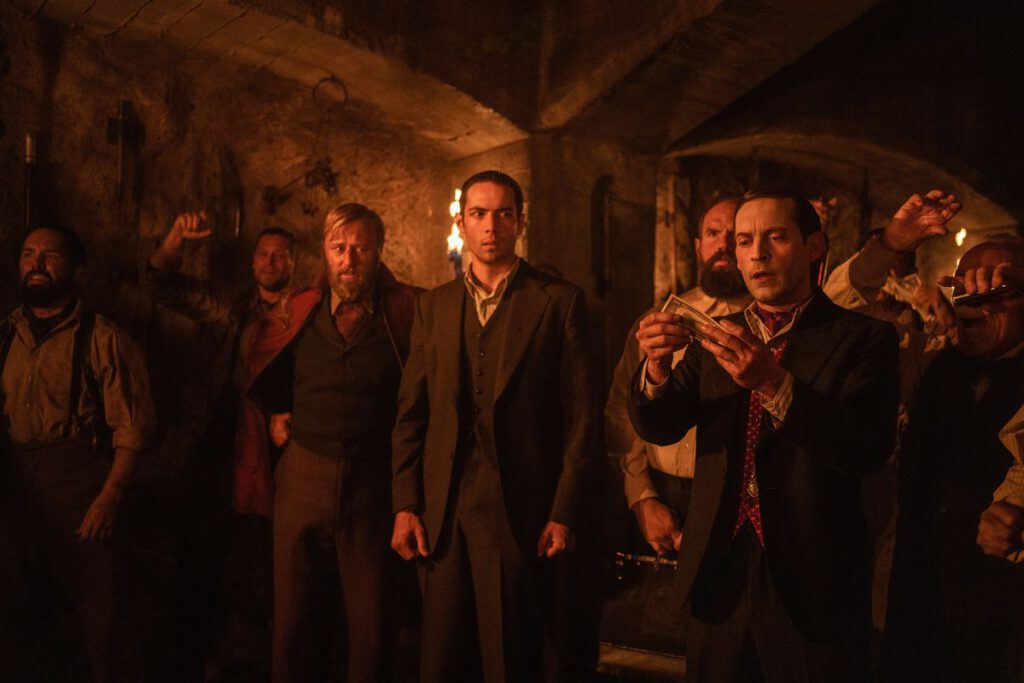
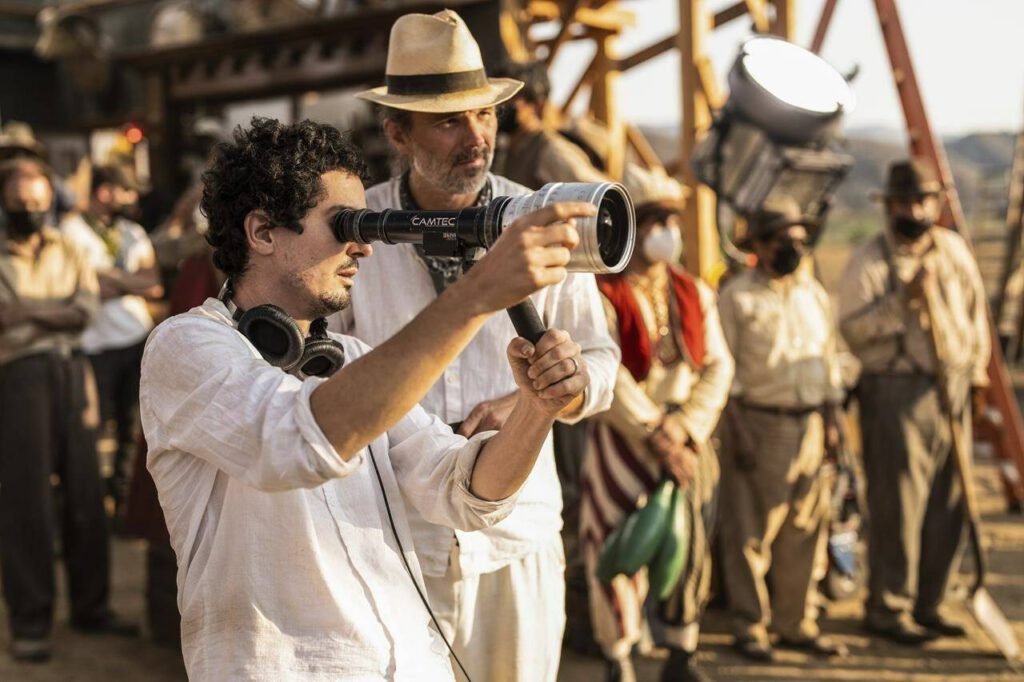
Aside from obvious sources of inspiration like “Singin’ in the Rain,” which now serves as another protagonist in a film after Stanley Kubrick’s “A Clockwork Orange”, the trained can also clearly pick out familiar modern musicals like “Cabaret” or “Chicago” or influences from Paul Thomas Anderson’s “Phantom Thread”. And that’s what I admire so much about Damien Chazelle – you can see his love for the medium and for the film itself on every single frame and in every single scene.
Moreover, the element of hopeless romance and freedom meet in disguise as leitmotifs of his two protagonists. Nellie and Manny both want to find their world in Hollywood and breathe the air of creativity, but they can’t do it alone. To really survive in the world of glitz and glamour, the two outsiders rely on each other to make a difference. The old times have to stay behind them; from silent movies we experience the change and the difficulties over the years to the talkies and that this (see Clara Bow) could destroy careers or revive them. From today, the industry had to transform into tomorrow, without taking with it the baggage from the past.
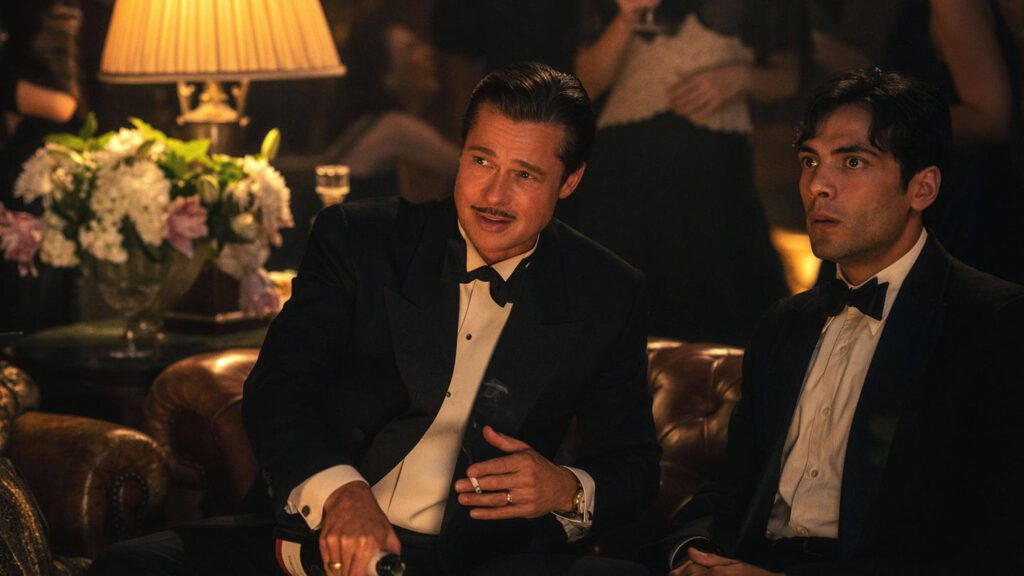
“Babylon” has transmitted over its running time exactly the feeling for me what movies are: they are both chaos and routine but above all pure magic. With verve, rhythm and humor, Chazelle has created his most unwieldy yet imposing film to date, not necessarily his best, yet one that triggers both positive and negative feelings in you and makes those feelings spill over like a champagne glass.
I too, of course, see weaknesses, like the running time or the obvious mess of getting lost in plot lines or keeping the camera on moments for too long, but it too has pure emotion and feeling, love, fear, sadness and regret, nostalgia for a golden era, memories of places and times that will not return. Some films are there to entertain, some to scare, some to ask questions. This film is there to show how much movies mean to all of us and that goes above the objectivity for me.
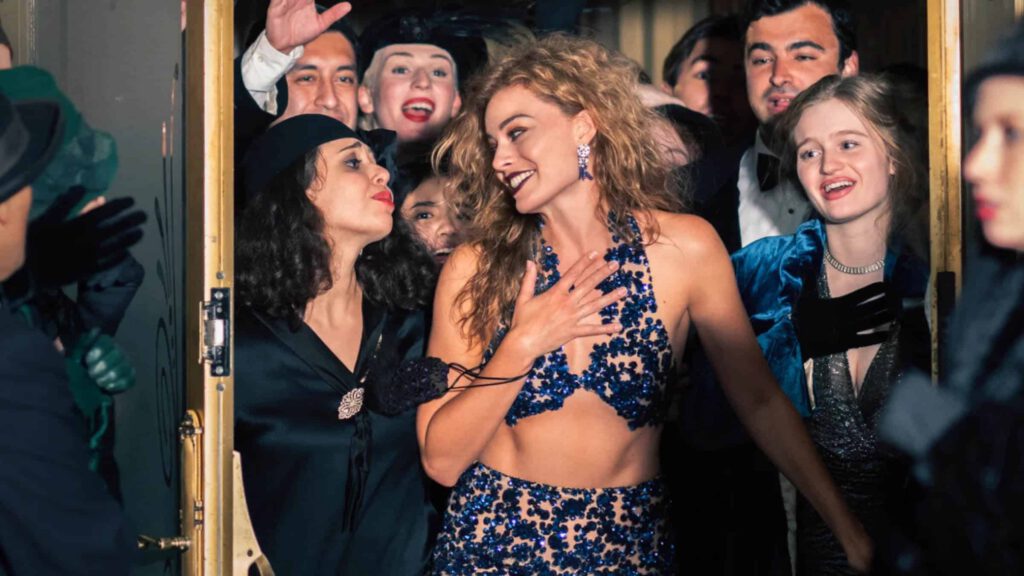
There is only a moment to breathe a sigh of relief when Chazelle sets up his signature finale and Manny finds himself seated in a movie theater for the first time in years. Driven by melancholy, an ending in the vein of “Cinema Paradiso” is injected, revealing an ode to the changing nature of cinema and the moving image, as well as its immortality. In a montage that lasts only a few moments, we suddenly find ourselves no longer in Chazelle’s film, but in an imperishable time capsule.
At this moment at the latest, I have forgotten all critical sensations. Tears run down my face, I suddenly no longer feel like an insignificant human being, but like someone who really understands what it feels like to be alive. Just like Manny, I can hardly believe that this magic actually exists. And we all experience it. Movies are what we choose for ourselves – which can feel extremely personal and sublime. Movies change us and make us who we are. They help us through hard times and let us breathe again. And to be reminded of that is reason enough for me to be grateful for this film.
Choose movies, choose cinema and live it up – as if it were your very own party, where you alone are the star.

